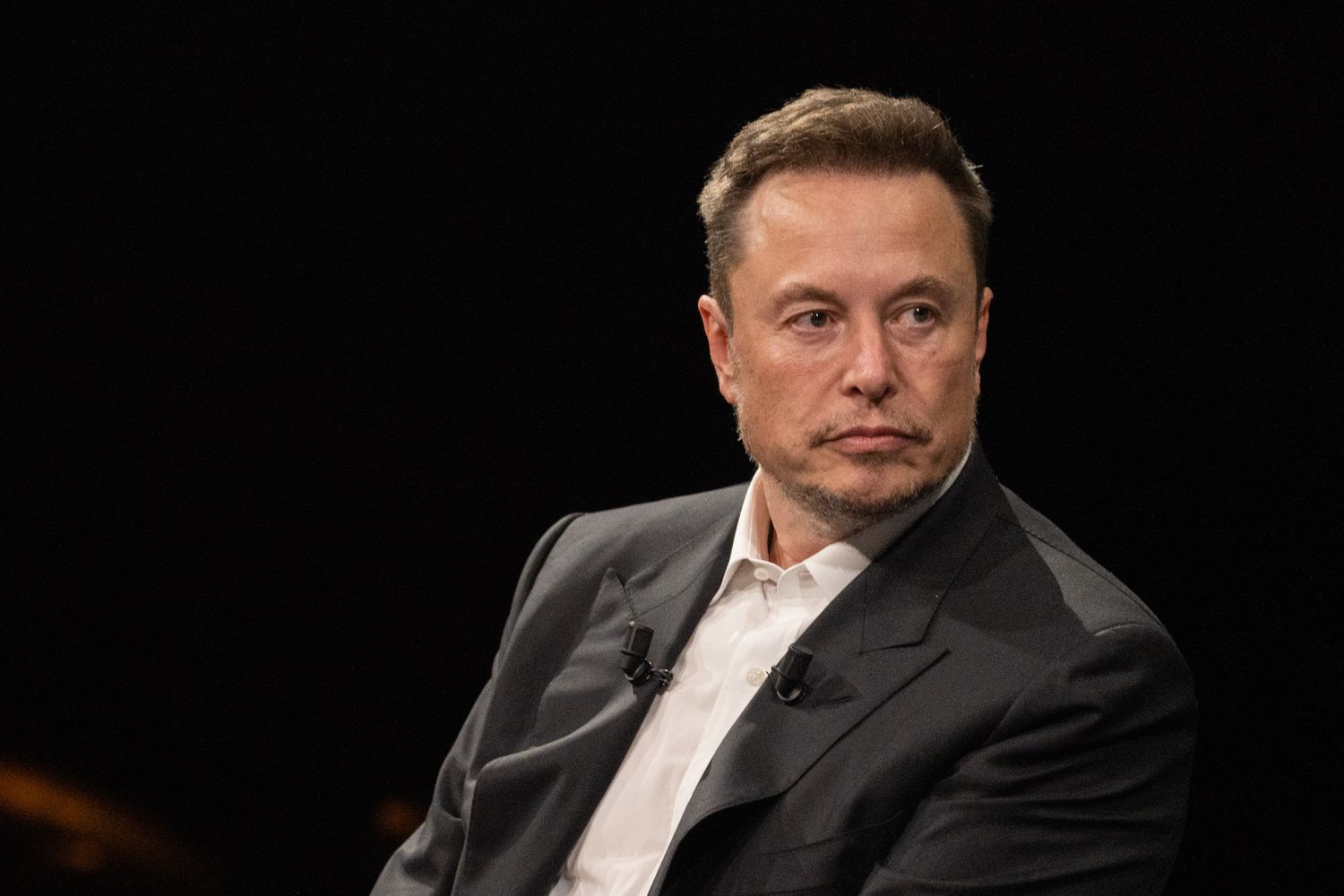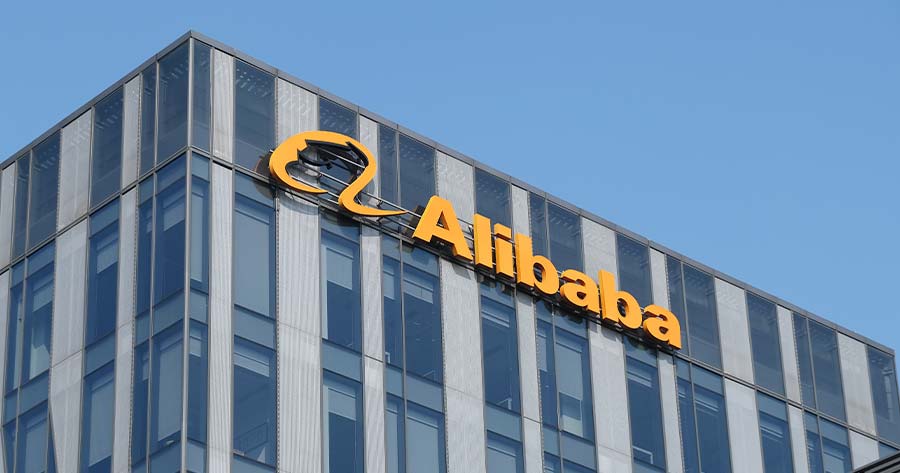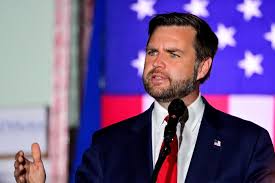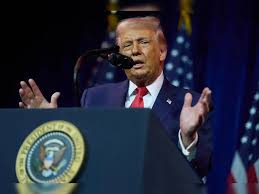Tech
Tech Pioneer Susan Wojcicki Passes Away at 56

Susan Wojcicki, a trailblazer in the technology industry and former CEO of YouTube, has passed away at the age of 56 after a two-year battle with lung cancer. Her death was announced by Google’s CEO, Sundar Pichai, who expressed deep sorrow, calling her “as core to the history of Google as anyone.”
Wojcicki’s journey with Google began in 1998 when she rented her Menlo Park garage to the company’s founders, Sergey Brin and Larry Page, during their early startup days. She later left her position at Intel to become Google’s 16th employee, playing a critical role in the company’s growth and success.
In 2014, Wojcicki took the helm at YouTube, leading the platform for nine years until her departure in 2023 to focus on her family and personal projects. Despite her remarkable achievements, her tenure at YouTube was marked by challenges, including criticism over the platform’s handling of disinformation, particularly during the COVID-19 pandemic.
Wojcicki was one of the few women to rise to such a senior position in the male-dominated tech industry. Her leadership and contributions to Google and YouTube have left a lasting impact on the digital world.
Her husband, Dennis Troper, announced her passing with deep emotion, reflecting on their 26-year marriage and their family of five children. Wojcicki’s legacy will continue to inspire many in the tech industry and beyond.
Tech
X to stop Grok AI from undressing images of real people

X has announced that its artificial intelligence tool, Grok, will no longer be able to edit images of real people to depict them in revealing clothing in jurisdictions where such activity is illegal, following widespread backlash over the misuse of sexualised AI deepfakes.
In a statement published on the platform, X said it had introduced new safeguards to prevent the Grok account from being used to manipulate photos of real individuals in a sexualised manner. “We have implemented technological measures to prevent the Grok account from allowing the editing of images of real people in revealing clothing,” the company said.
The move has been welcomed by UK authorities, who had previously raised concerns about the tool’s use. The UK government described the decision as a “vindication” of its calls for X to take stronger action to control Grok. Media regulator Ofcom also said the change was a “welcome development”, while stressing that its investigation into whether the platform breached UK laws is still under way.
“We are working round the clock to progress this and get answers into what went wrong and what’s being done to fix it,” Ofcom said, signalling continued scrutiny despite the latest measures.
Technology Secretary Liz Kendall welcomed X’s announcement but emphasised the need for accountability. She said she would “expect the facts to be fully and robustly established by Ofcom’s ongoing investigation”, underlining the government’s commitment to ensuring online safety rules are upheld.
However, campaigners and victims of AI-generated sexualised images say the decision has come after significant harm had already been caused. Journalist and campaigner Jess Davies, who was among women whose images were edited using Grok, described the changes as a “positive step” but said the feature should never have been permitted in the first place.
Tech
Alibaba Opens AI Video Generation Model for Free Use Globally

Chinese tech giant Alibaba has made its latest AI video generation models freely available worldwide, intensifying competition with rivals such as OpenAI.
The company announced on Wednesday that it is open-sourcing four models from its Wan2.1 series, its most advanced AI model capable of generating images and videos from text and image inputs. These models will be accessible via Alibaba Cloud’s Model Scope and Hugging Face, making them available to academics, researchers, and businesses globally.
Following the announcement, Alibaba’s Hong Kong-listed shares surged nearly 5%, continuing a strong rally that has seen the stock gain 66% in 2025. Investors have been optimistic about the company’s growing role in AI and its improving financial performance, buoyed by recent policy signals from Chinese President Xi Jinping supporting the domestic private sector.
Alibaba’s move aligns with a broader trend in China, where companies are increasingly embracing open-source AI. In January, DeepSeek, another Chinese firm, shook global markets by revealing that its AI model was trained at a fraction of the cost of competitors, using less-advanced Nvidia chips. Both Alibaba’s and DeepSeek’s models are open-source, meaning they can be downloaded and modified freely, unlike proprietary AI models such as those developed by OpenAI, which generate direct revenue.
The shift towards open-source AI has sparked debate over whether AI models will become commoditized. While companies like Meta are leading the open-source push in the U.S. with their Llama models, Chinese firms have been particularly aggressive in this space, aiming to drive innovation and build global AI communities.
Tech
VP JD Vance Pledges to Protect U.S. AI and Block Its Weaponization

Vice President JD Vance reaffirmed the U.S. commitment to safeguarding its artificial intelligence and semiconductor technologies, vowing to block efforts by authoritarian regimes to weaponize them.
Speaking at France’s AI Action Summit in Paris, Vance warned that some nations have exploited AI for military intelligence, surveillance, and foreign data manipulation. “This administration will block such efforts, full stop,” he stated. “We will safeguard American AI and chip technologies from theft and misuse, work with our allies and partners to strengthen and extend these protections, and close pathways to adversaries attaining AI capabilities that threaten all of our people.”
While he did not directly name China’s AI model DeepSeek, which has drawn global attention for its competitive performance at a lower cost, Vance criticized heavily subsidized technologies exported by authoritarian states. “We’re all familiar with cheap tech in the marketplace that’s been heavily subsidized and exported by authoritarian regimes,” he said.
In a pointed message to allies, Vance cautioned against collaborating with companies linked to such regimes, arguing it would compromise national security. “Chaining your nation to an authoritarian master that seeks to infiltrate, dig in, and seize your information infrastructure never pays off,” he added.
The U.S. has ramped up efforts to control AI development and chip manufacturing, tightening restrictions on exports to China and strengthening alliances in the tech sector.
-

 News1 week ago
News1 week agoProtests held in US cities after woman shot dead
-

 News1 week ago
News1 week agoVenezuelan Streets on Alert as Opposition Renews Call for Political Prisoners’ Freedom
-

 News1 week ago
News1 week agoUS Seizes Tanker in Atlantic Over Alleged Sanctions Breaches Linked to Venezuelan Oil
-

 News1 week ago
News1 week agoWhite House Confirms US Exploring Options on Greenland
-

 Business1 week ago
Business1 week agoTrump Says Venezuela Will Hand Over Up to 50 Million Barrels of Oil to US After Political Transition
-

 Sports1 week ago
Sports1 week agoChelsea Confirms Liam Rosenior as their new head coach
-

 Sports1 week ago
Sports1 week agoNeymar extends Santos deal as World Cup Dream Remains Firmly in Sight
-

 Entertainment1 week ago
Entertainment1 week agoNick Reiner’s attorney removes himself from case













